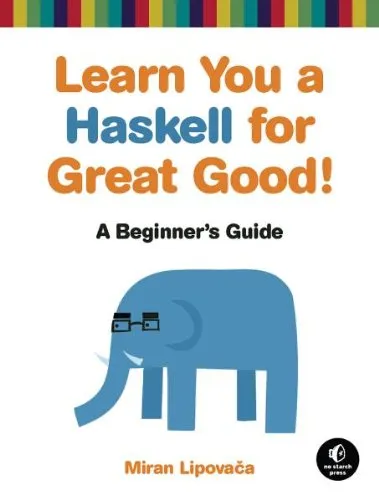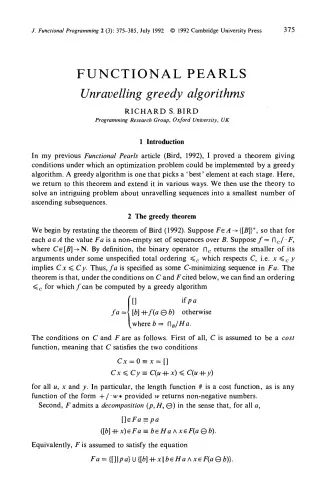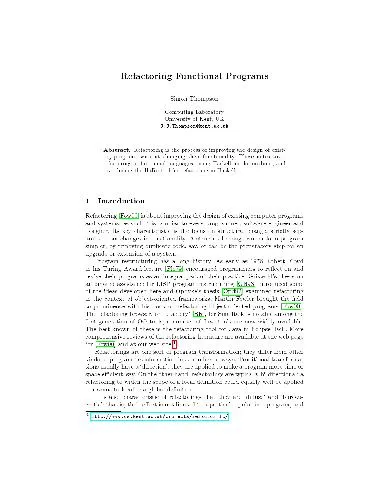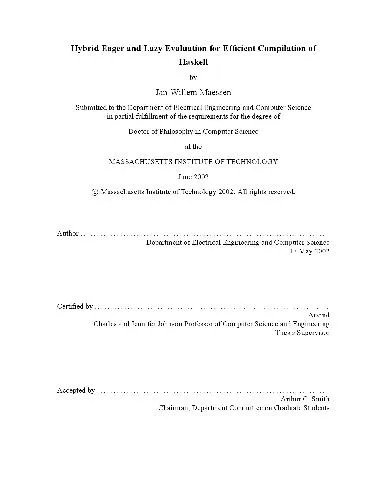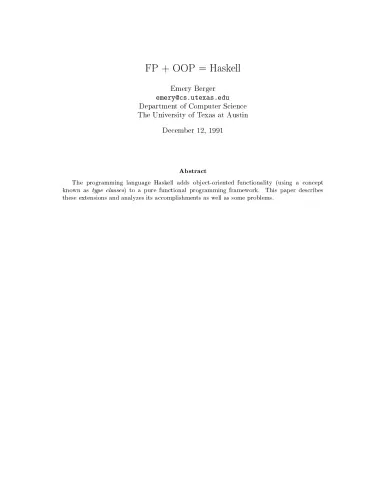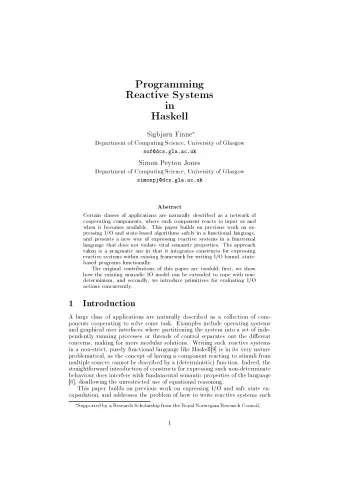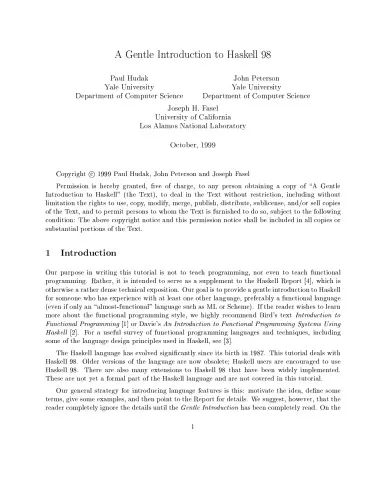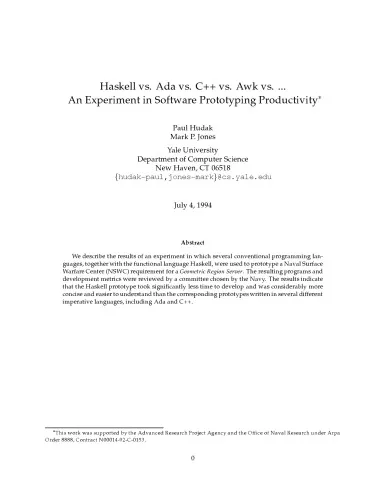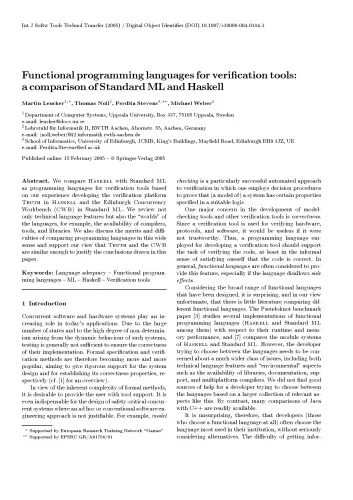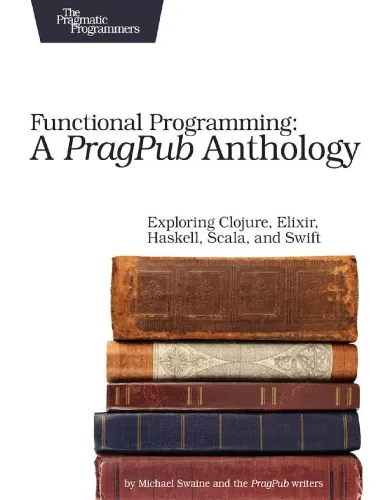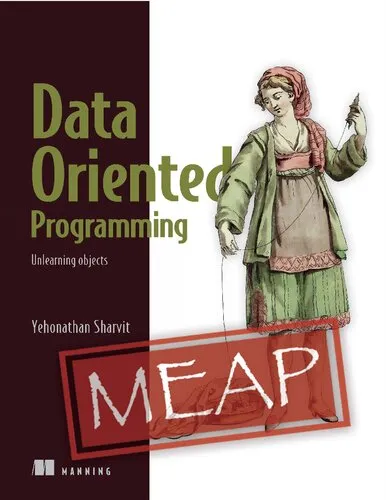Learn You a Haskell for Great Good!: A Beginner's Guide
4.8
Reviews from our users

You Can Ask your questions from this book's AI after Login
Each download or ask from book AI costs 2 points. To earn more free points, please visit the Points Guide Page and complete some valuable actions.Related Refrences:
It's all in the name: Learn You a Haskell for Great Good! is a hilarious, illustrated guide to this complex functional language. Packed with the author's original artwork, pop culture references, and most importantly, useful example code, this book teaches functional fundamentals in a way you never thought possible.You'll start with the kid stuff: basic syntax, recursion, types and type classes. Then once you've got the basics down, the real black belt master-class begins: you'll learn to use applicative functors, monads, zippers, and all the other mythical Haskell constructs you've only read about in storybooks.As you work your way through the author's imaginative (and occasionally insane) examples, you'll learn to: Laugh in the face of side effects as you wield purely functional programming techniques Use the magic of Haskell's "laziness" to play with infinite sets of data Organize your programs by creating your own types, type classes, and modules Use Haskell's elegant input/output system to share the genius of your programs with the outside world Short of eating the author's brain, you will not find a better way to learn this powerful language than reading Learn You a Haskell for Great Good! Excerpt from the Introduction Haskell is fun, and that’s what it’s all about! This book is aimed at people who have experience programming in imperative languages—such as C++, Java, and Python—and now want to try out Haskell. But even if you don’t have any significant programming experience, I’ll bet a smart person like you will be able to follow along and learn Haskell. My first reaction to Haskell was that the language was just too weird. But after getting over that initial hurdle, it was smooth sailing. Even if Haskell seems strange to you at first, don’t give up. Learning Haskell is almost like learning to program for the first time all over again. It’s fun, and it forces you to think differently. NOTE If you ever get really stuck, the IRC channel #haskell on the freenode network is a great place to ask questions. The people there tend to be nice, patient, and understanding. They’re a great resource for Haskell newbies. So, What's Haskell? Haskell is a purely functional programming language. In imperative programming languages, you give the computer a sequence of tasks, which it then executes. While executing them, the computer can change state. For instance, you can set the variable a to 5 and then do some stuff that might change the value of a. There are also flow-control structures for executing instructions several times, such as for and while loops. Purely functional programming is different. You don’t tell the computer what to do—you tell it what stuff is. For instance, you can tell the computer that the factorial of a number is the product of every integer from 1 to that number or that the sum of a list of numbers is the first number plus the sum of the remaining numbers. You can express both of these operations as functions. > Read the Introduction (PDF) in its entirety.
Free Direct Download
You Can Download this book after Login
Accessing books through legal platforms and public libraries not only supports the rights of authors and publishers but also contributes to the sustainability of reading culture. Before downloading, please take a moment to consider these options.
Find this book on other platforms:
WorldCat helps you find books in libraries worldwide.
See ratings, reviews, and discussions on Goodreads.
Find and buy rare or used books on AbeBooks.
1439
بازدید4.8
امتیاز0
نظر98%
رضایتReviews:
4.8
Based on 0 users review
Questions & Answers
Ask questions about this book or help others by answering
Please login to ask a question
No questions yet. Be the first to ask!
